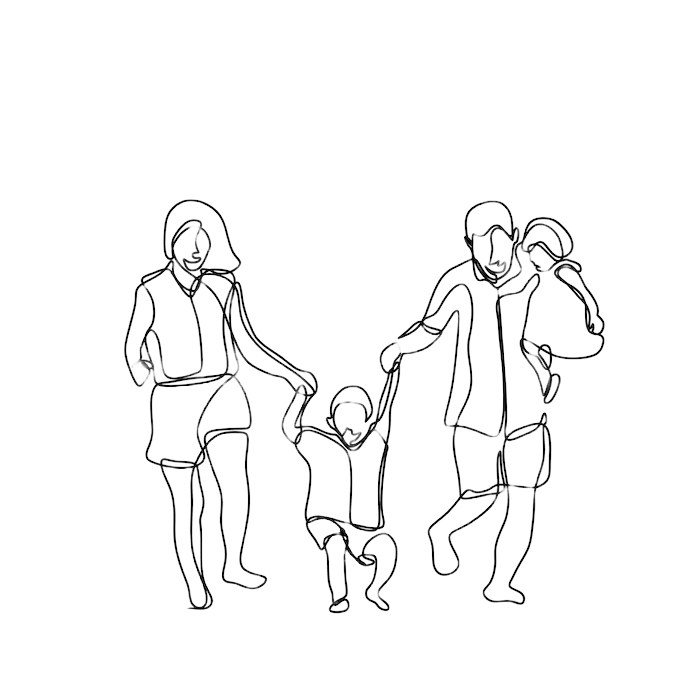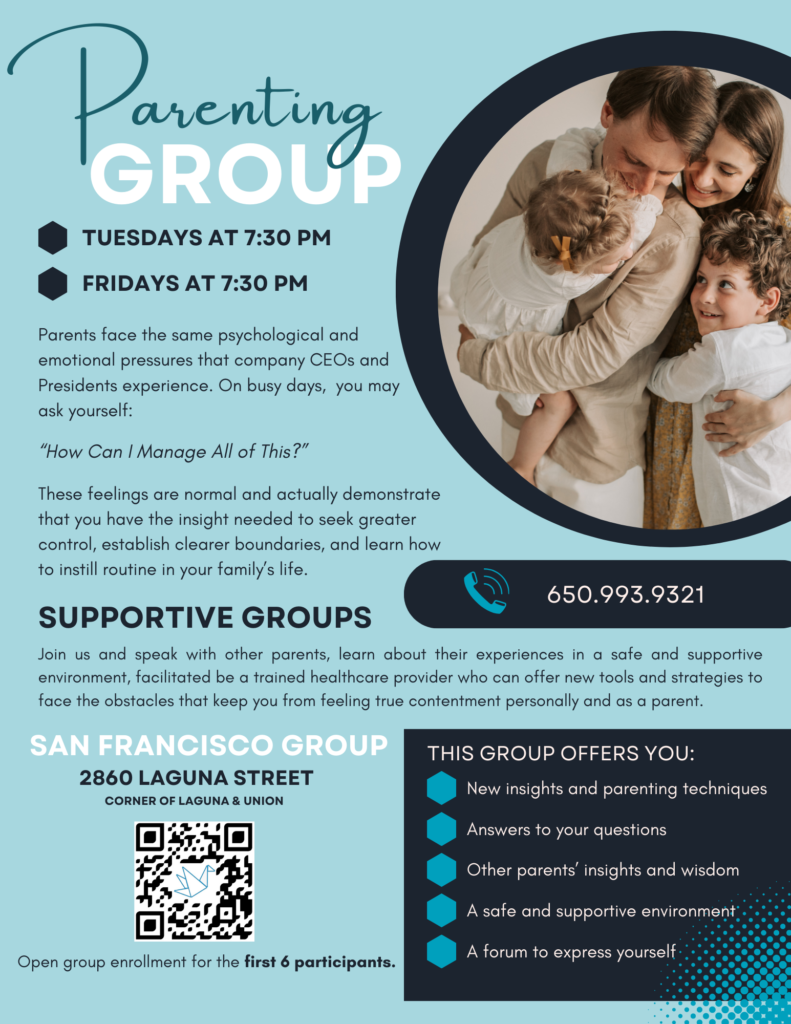Parents | Family Therapy
By healing ourselves, we give our children the greatest gift—a parent who leads with love, patience, and understanding. Every step you take toward growth is a step toward a brighter future for your family.

At Unfold Psychology, we recognize the significant role parents play in the therapeutic process, not only for their children but also for themselves. Engaging in family therapy can provide parents with essential support and tools to navigate the complex challenges of parenthood. Many parents seek therapy to improve their emotional well-being, enhance their parenting skills, and build stronger relationships with their children. Parenthood, while rewarding, comes with numerous responsibilities and stressors, including managing a career, maintaining relationships, and dealing with personal challenges. Therapy offers a safe space for parents to explore these issues, develop coping strategies, and address any unresolved personal concerns that may impact their parenting.
In therapy, parents can learn effective communication skills, gain perspective on their emotions and behaviors, and develop strategies to manage stress and enhance self-care. This not only benefits the parents but also positively impacts their children, as healthier parents often lead to healthier family dynamics. By prioritizing their mental health, parents can model positive behaviors and coping mechanisms for their children, creating a more supportive and nurturing home environment. At Unfold Psychology, we are committed to supporting parents in their journey, helping them to become more understanding, patient, and effective caregivers. This holistic approach not only benefits the individual parent but also fosters a healthier, more cohesive family unit.


Our Parenting Group is an ‘open’ format (parents can join on week one or any week thereafter). The group meets once a week for 90 minutes and consists of 8 group meetings, covering 8 of the most challenging obstacles parents face in today’s society.
The range of topics that will be covered include how to foster greater harmony in the home; knowing when and how to engage your child when they appear emotionally overwhelmed; social media; gaming and screen time; vaping; friend groups; and general mental health warning signs. The information we share is based on the most recent evidence-based research and includes recommendations endorsed by both the American Psychologist Association and the American Pediatric Association. Group members are encouraged to identify parenting techniques that are no longer effective or productive and consider the benefits of incorporating new ones to increase their confidence as parents and enhance parent-child relationships.
Weekly Meeting Schedule
Every week we cover important topics to support all parents
Introduction to Family Dynamics and Parenting: Discussion of the family system, family birth order, and positive vs distancing patterns; Empowering the parent – Parents are not friends, but they are not bosses. They are guides, gatekeepers, and unconditionally accepting. Firm, reliable, compromising when necessary, and if applicable, avoidant of traditional punitive methods such as grounding (which is shown ineffective). Discussion of alternative strategies.
Video Gaming and Screen Time: Suggested usage, practical expectations, collaborative compliance, and lasting solutions
Friend Groups: Socialization; fears of your child being in the the ‘wrong friend group,’ and tools to communicate and respond
Social Media: TikTok, Instagram, Twitter, Facebook, Snapchat; appropriate age and participation; signs indicating negative impact; and tips to control
Socialization: The “in-group,” the “out-group,” social hierarchies, feelings of isolation, loneliness, and fears of bullying
Drug Use: Vaping, Edibles, Smoking Marijuana, Psilocybin (Shrooms); direct, practical facts and recommendations
Discipline: What works, what does not, and how it correlates directly with personality. How to keep yourself from feeling the impact of your child’s own poor judgment and behavior (how to avoid being emotionally leveraged)
Taking Stock: Identifying if the family could benefit from added support.
2860 Laguna St., San Francisco, CA


Meet Be Humane’s AI chatbot – here to help. Ask anything, anytime with no judgment. “Your family’s parenting companion”
Unfold one step at a time
